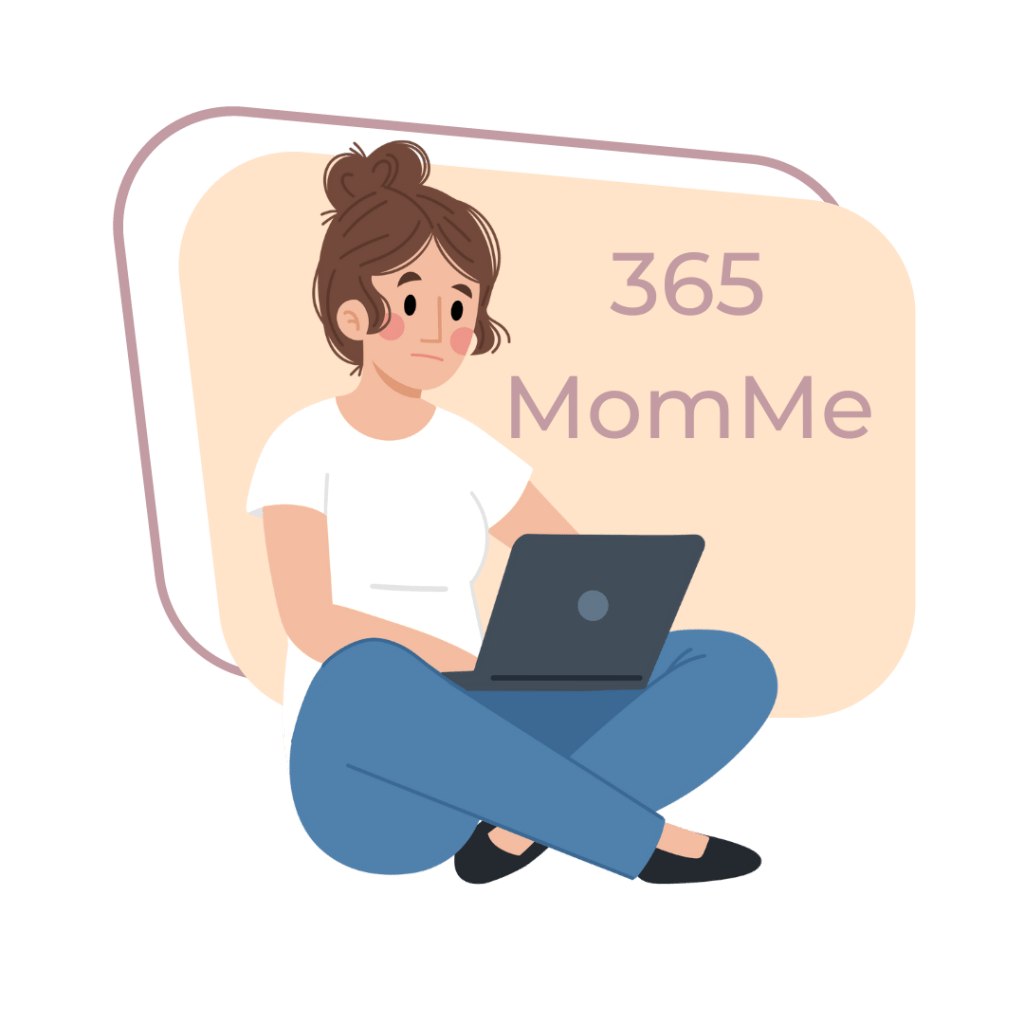Right now, in the middle of our dyslexia journey I’m a HUGE advocate for early intervention. I can only imagine what my child’s life would look like if he hadn’t had the privilege of getting him help early on.
Early intervention seems like answer to a lot of issues that come up in life, but according to the research I’ve been reading it could change a person’s destiny.
WHY IS READING SO CRITICAL IN GRADES 1-3?
A report by the Annie E. Casey Foundation, says that “reading proficiently by the end of third grade can be a make-or-break benchmark in a child’s educational development. Up until the end of third grade, most children are learning to read. Beginning in fourth grade, however, they are reading to learn, using their skills to gain more information in subjects such as math and science, to solve problems, and to think critically about what they are learning.” In the US, 16% of students reading below proficiency at the end of third grade will not graduate from high school by age 19 and will be unprepared for jobs or college. Furthermore, students with learning disabilities represent a disproportionately large portion of dropouts. (Source: Don’t “Dys” Our Kids: Dyslexia and the Quest for Grade-Level Reading Proficiency)
https://blog.bookshare.org/2020/10/celebrate-neurodiversity-dyslexia-awareness-month/
Reading “normal” is never the goal in my head for my son. My goal always is his confidence. It may sound backwards, but there is a method to my madness. He may never read as quickly as other people, but I don’t want him to not try reading. I also want him to have the confidence to tell people that he might need accommodations.

A few years ago I read a sci-fi book that had a lot of education based stories in it. One of the characters seemed to deem himself incompetent to do a job. The person testing him finally gave him a test just by talking to him and instead of getting the level one job he got the level 2 or 3 job due to the knowledge he had. The story hinted that this character might have dyslexia or some sort of learning disability. At the time, before marriage and kids, I didn’t think much of it, but now I hold a special place in my heart for the author. Showing someone’s intelligence through other methods than reading and writing was a brilliant way to point out that knowledge is not always book learning kind of knowledge.
Spread the word for the rest of the month…
#dyslexiaawarenessmonth


Leave a Reply